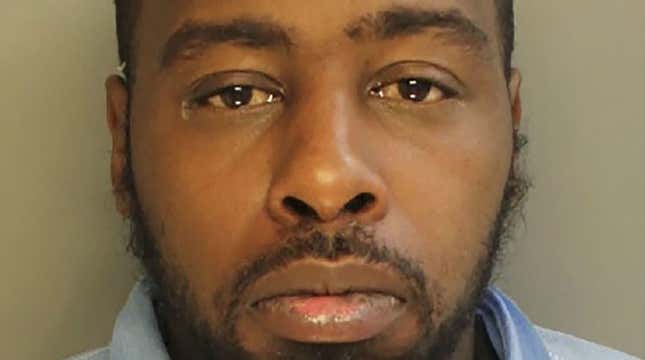
The man charged with shooting six Philadelphia cops during an eight-hour standoff with police as they tried to serve a warrant was a snitch for the feds for years.
That’s according to the Appeal, which reports that Maurice Hill has been a federal informant since at least 2010 after he faced sentencing on a charge of possessing a gun as a felon. Because of his “cooperation” with federal law enforcement, the judge knocked 20 months off his sentence, throwing him in prison for 55 months, followed by three years of supervised release, instead of the usual 75 months.
The 36-year-old Hill, who now faces charges of attempted murder and assault related to the standoff with Philly cops, has a long arrest record dating to his teens but has rarely been convicted, the Appeal reports.
That may have something to do with Hill’s ties to federal law enforcement, according to the news site, which gathered court documents, many of them sealed, to bolster its report.
As the Appeal notes, there is a history of notorious criminals getting away with murder—virtually and in fact—due to understanding that the feds would likely “turn a blind eye” because of their value as witnesses for the government:
Alexandra Natapoff, professor of law at the University of California, Irvine, told The Appeal that much of federal criminal law is aimed at incentivizing cooperation and a “well known bug in the system” is that informants act with impunity knowing the government will likely turn a blind eye.
There is also a long history of federal informant involvement in high-profile crimes, including mafioso Sammy “The Bull” Gravano and James “Whitey” Bulger, and mass killer Ricky Javon Gray who was involved in the murder of seven people in 2006 but later convicted and executed for killing four. In September 2001, federal prosecutors in Virginia filed a substantial-assistance motion in a drug case involving Gray.
In Hill’s case, feds tried to revoke his supervised release numerous times after he was let out of federal prison but always had to back off due to Hill either beating a charge or having a case dismissed, the Appeal reports.
Last week, in his latest confrontation with law enforcement, the man Black Twitter dubbed “Jawn Wick”—after the seemingly invincible John Wick assassin character from the popular movie series—had a warrant out for his arrest on a narcotics charge.
When police showed up to Hill’s home to serve the warrant, prosecutors charge Hill started shooting, hitting six officers and holding police at bay for eight hours.
So, when Donald Trump and his Justice Department decided to make noise about how weak on crime a Democratic prosecutor’s office and his team were in the wake of the shooting, the Appeal notes that neither made any mention of the years Hill spent as a de facto member of the federal crimefighting force.
As a spokesperson for Philadelphia District Attorney Larry Krasner told the Appeal:
“The [district attorney’s office] has no interest in engaging with [U.S. Attorney] Bill McSwain’s inappropriate attempts to run for political office from his taxpayer-funded perch in Donald Trump’s DOJ.”

